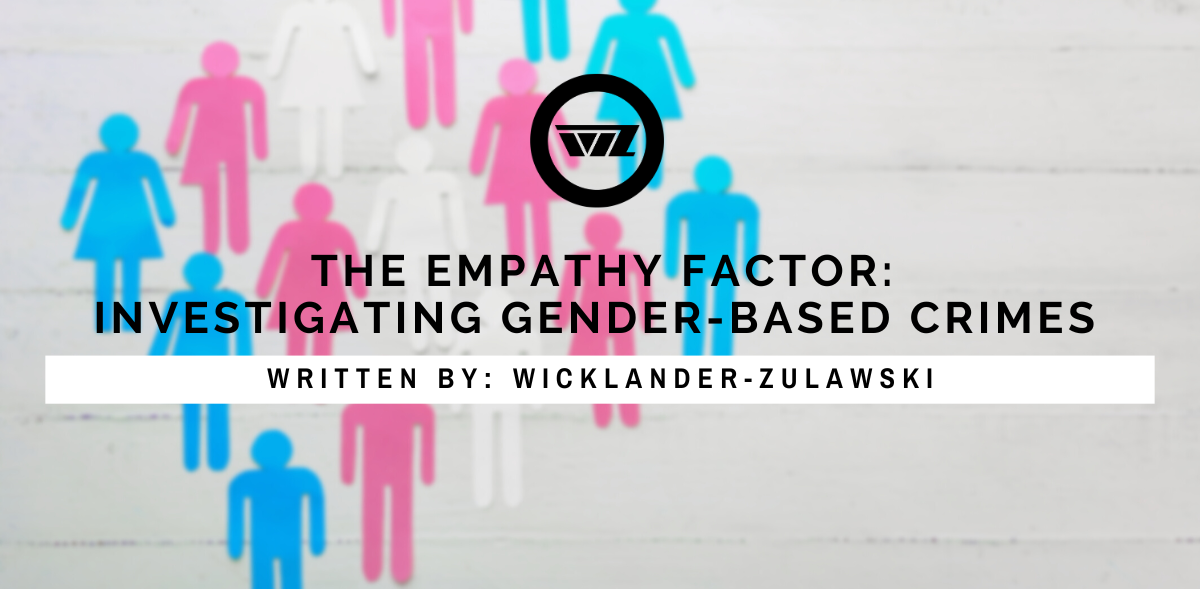It is not uncommon for humans to forget information they could previously recall with ease. For those who are aging, it is a frightful experience. People tend to think of the worst-case scenario: Am I exhibiting the onset of dementia? Self-awareness cannot be ignored. Individuals know if they need counsel from a doctor better than associates who may only by trying to reduce a friend’s anxiety. One should err on the side of caution. Always seek medical guidance when concerned about your mental health.
Forgetting where people placed their car keys or other familiar item seems to be a common complaint from those concerned about experiencing a mental decline.
The human mind can store billions of pieces of information. Searching through this massive amount of detail seems exhausting. It may help to know how research has advanced our understanding of the human mind, forgetting, and recall.
Scenario
John rose early this morning. He had a 9:00 a.m. appointment regarding a job interview. John wanted to be relaxed during his interview, so he took his time getting ready to leave the house. John was enjoying a cup of coffee prior to leaving his home. He glanced at his watch. It was 8:15 a.m. He had enough time to get to his appointment with thirty minutes to spare. His car keys were not in his pant pocket. John walked to a drawer where he normally places his keys. They were not there either. Quickly, he went to the kitchen counter, where he sometimes places his keys. The counter was bare. Maybe he left the keys in his car or the door of his home. They were in neither place. Panic was setting in. He was going to be late for his interview. Where are his keys? Are there any cues that would assist with John’s recall?
Ronald Fisher and R. Edward Geiselman are the authors of Memory-Enhancing Techniques for Investigative Interviewing, a great source of information for anyone interested in improving human memory by enhancing the retrieval phase of memory. Their research, based on cognitive psychology and investigative interviewing techniques has assisted police departments and other professions throughout the world. Geiselman and Fisher consider three stages of memory. For recall to be effective, the information to be recalled (where are John’s keys?) must first be perceived and encoded in John’s mind. If John unknowingly dropped his car keys from his pocket, the event would not be recorded in his mind because he was not aware of dropping his keys. Although, if John heard the keys falling, but paid no attention because he did not know it’s meaning, the event would have been recorded by John’s sense of hearing. Later, if John was able to recreate the sound of the keys falling to the ground, this association may trigger his knowledge of when and where he lost his keys.

Another Situation
Prior to leaving for the interview, John recalled it was garbage pick-up day on his block. He took his garbage cans from his yard and placed them at the front of his home. Upon re-entering his home, he noticed that he had grease on the front of his pants. John changed his pants, failing to remove the keys from his pocket. If John was able to recreate his sense of sight, seeing the grease on his pants, the association might assist in his recall. Likewise, if John was able to recreate his tactile sense of touch, changing his pants, or anger, in the need to change his pants, he may associate those senses and emotions with the location of his car keys.
Events are not recorded in the mind exactly, as if videotaped. Two people may view the same event and each may have different recollections due to their distinct personal background and perception. Also, events are not stored in the mind exactly, as a whole. Each individual only stores the pieces of a viewed event that are considered important to them. These pieces of information are stored at different locations in the mind. If a person can recall one of these pieces of information, it may trigger the recall of another piece of information, leading to the original sought-after information.
When a forgetful person is trying to recall an event, memory will be enhanced if that person mentally places themself in the same physical, emotional, psychological, physiological, and environmental mental context as the time of occurrence. In the case of John losing his car keys, this would be the last time he recalled having the keys in his possession. John should work forward from that point, to the time when he first realized his keys were missing. He should mentally recall his state of mind at each stage of his search. Was he happy, sad, surprised, angry, fearful, disgusted, or disrespected during this period of time? The context includes environmental conditions, John’s emotional mood, and the position of his own body at each stage of recall.
The forgetful person should make repeated attempts, in different places, to search for the sought-after information. In John’s case, he may go to the drawer where he usually places his keys. He looks in the drawer and the keys are not there. John may look in a few other places, the kitchen counter, the door of his home, or his car, but he keeps returning to the drawer, because that is always where he places his keys.
Retrieval
Memory retrieval is similar. We repeatedly look in familiar places in our mind. If the lost item is not in those locations, we become mentally exhausted thinking we have a poor memory and fail to look in new locations. A forgetful person must search for the lost item in different areas of their mind.
The search for information can be aided by examining each of our five senses and using this information to search forward from the point we last saw our keys. The sought-after information may be associated with an emotion, item, or event we saw, heard, smelled, tasted, or felt.
When was the last time I saw my car keys? Where was I? What was I doing? Who was I with at that time? Did I see anything that made me emotional?
When was the last time I heard my car keys jingle? Did I speak with anyone since I last had possession of my car keys? What did their voice sound like? Did I hear any unusual sounds during the time my keys were missing? Did anyone say anything that caused me to become emotional?
Do I recall any particular smell associated with my car keys when they were in my possession? In my recent travels, do I recall any unusual smells, for example, cigarette smoke, roofing tar, cooking food, etc? Did I smell anything to cause an emotional reaction?
Can I associate any particular taste associated with my car keys? Was I eating or drinking the last time since I knew they were in my possession? Where was I? Did I taste anything to cause an emotional reaction?
Can I associate any sense of touch, emotion, or feeling since my keys were in my possession? Did I shake anyone’s hand? Did I change clothes? Did I injure myself in any way?
Each of the above questions may trigger multiple associations that will aid in recalling where the car keys are located.
It is not unusual to misplace personal items or forget information we could previously recall with ease. We live in a complex world. Our internal thoughts are constantly speaking to us and sometimes we react to familiar events as if we were on automatic pilot. On occasion, personal items may be misplaced during this period of time.
An extreme example of this may be an individual driving to work, deep in thought. Upon arrival, they cannot recall stopping at streetlights or which route they took. This occurs because driving to work and the route taken is a familiar event. Although it is dangerous to drive without paying attention, due to its familiarity, humans tend to react to familiar events without thinking.
IN REVIEW
- Events are not recorded in the mind exactly, as if videotaped.
- Two people may view the same event and each person may have different recollections due to their distinct personal background and perception.
- Events are not stored in the mind exactly, as a whole. Each individual only retains pieces of a viewed event considered important to them. These pieces of information are stored at different locations in the mind. If a person can recall one of these pieces of information, it may trigger the recall of another piece of information, leading to the original sought after information.
- When searching for misplaced items, individuals should: Place themselves in the same physical, emotional, psychological, environmental, and physiological mental state that existed when the person could recall possessing the sought-after item.
- The individual should search through memory, realizing that his or her sense of sight, hearing, smell, taste, and touch may be associated with the mental record of the sought after information.
- The ability to recall a piece of information associated with a lost item may cue another memory that will ultimately lead to the location of the lost item.
- The individual should make multiple attempts, in different locations of the mind, to recall forgotten events.
For more on how to use cognitive techniques in an investigative setting, check out our Cognitive Interview webinar and article on trauma-informed interviewing
Thomas F. McGreal is a Certified Forensic Interviewer employed by Wicklander-Zulawski & Associates. He was previously employed by the Cook County State’s Attorney’s Office as an investigator in the Post Conviction / Conviction Integrity Unit. Thomas F. McGreal was also employed by the Chicago Police Department, assigned to the Detective Division.






September 25, 2020, 4:50 pm
Great article and very helpful….I will share this technique with a few forgetful friends!
September 27, 2020, 1:54 am
Excelrnte articulo , gracias…